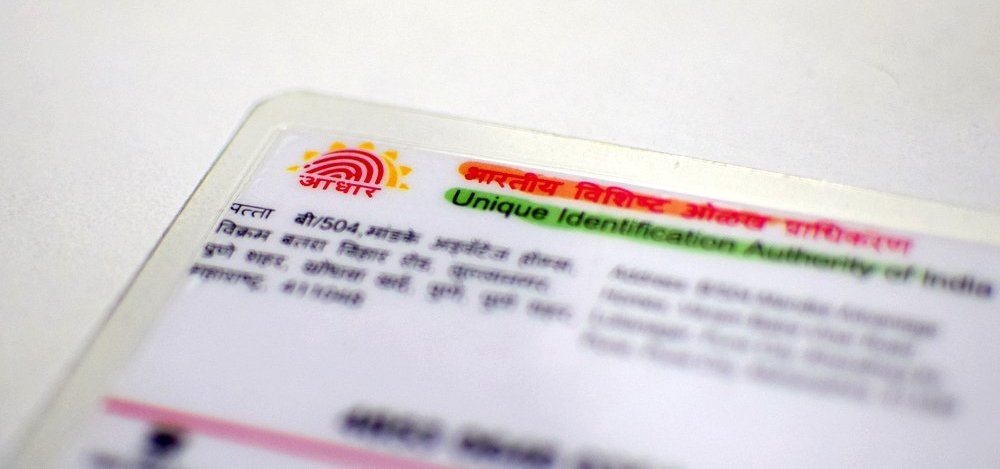RBI Throws Open Aadhaar KYC Mechanism For Banks; But There Is A Catch Here
There has been a lot of unrest and a state of confusion enveloping the ongoing debate on using Aadhar card for Know Your Customer (KYC) process verifications. Finally, a temporary relief can be pertained by the online payment companies, telecom sector and majorly banks, as the Reserve Bank of India has allowed banks to accept the 12-digit unique Aadhar card number for KYC verification, if given consent by the customer.
RBI to Use Aadhar for eKYC Only at Customer’s Consent:
The central bank, RBI has allowed banks to carry out Aadhar authentication or offline verification of an individual who voluntarily uses his Aadhar number for identification purpose, in an amendment to the KYC norms for regulated entities, released on 28 Feb. It also updated Aadhar to its list of documents eligible for identification of individuals yesterday.
These rules are followed by banks and other entities regulated by RBI for various customer services, including opening of bank accounts, onboarding new customers and more. In 2018, Supreme Court prohibited the use of Aadhaar for KYC, due to privacy concerns. This created a lot of confusion regarding the same, for online payment companies and fintech branches.
On February 28, the Union Cabinet approved to allow voluntary use of the Aadhaar number as identity proof for opening bank account and procuring mobile phone connection.
- Customer identification of individuals having or interested in Direct Benefit Transfer (DBT) account, must submit their Aadhar for e-KYC authentication.
- For non-DBT beneficiary customers, the Regulated Entities (REs) will collect any copy of Officially Valid Document (OVD) of the individual, with a recent photograph.
- Such customers, while submitting their Aadhar must redact their Aadhar numbers, under sub-rule 16 of Rule 9 of the amended PML Rules.
- For existing bank account holders, PAN or Form No 60 is to be submitted within timelines notified by the Government, else their documents would be ceased until submission.
The Whole Ups and Downs in the KYC Process:
The fintech companies and online wallet companies rely on Aadhaar-based eKYC for customer onboarding and verification. After Supreme Court removed mandating Aadhar based KYC for anything other than filing income tax returns and allotment of PAN, many private companies as well as banks lost the authority to access Aadhar details of the users.
Since then, these companies have been seeking for RBI’s help in finding alternatives to comply by the order. To ease the process, RBI extended the deadline for full KYC compliance for prepaid payment instrument (PPI) providers and online wallet companies to complete their KYC process by February 28, 2019.
Not only fintech but telecom players too have been directly affected by the SC ruling as the companies relied on eKYC process to complete user verification. In October 2018, the Payments Council of India (PCI) requested RBI to extend the deadline for converting minimum-KYC accounts to full-KYC accounts till February 28, 2020, due to the Aadhaar restrictions on eKYC process. The extension of eKYC completion for 6 months, came as a great relief to the said companies.
It was reported that RBI and the central government are considering the option of ‘offline Aadhaar’ verification system, which will operate on QR codes instead of biometrics.


Comments are closed, but trackbacks and pingbacks are open.